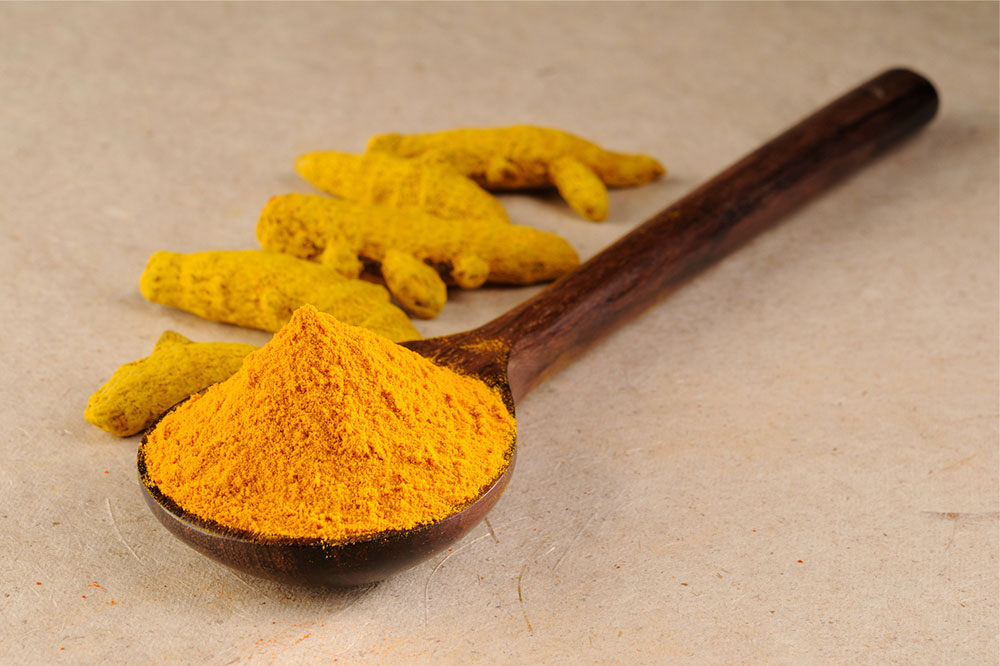
7 home remedies to fight skin problems and improve skin health
Most people do not like to spend time or energy on skin care after a long day. But you must not neglect skin health since it is the first line of your body’s defense against the sun, rain, and dust. Many creams on the market promise protection against skin issues, but they may have chemicals and harmful ingredients. So, here are some safe home remedies to fight skin problems and improve skin health:
Apply aloe vera gel
Aloe vera is a good home remedy for boosting overall health, thanks to its antibacterial and antimicrobial properties. Aloe vera gel, in particular, acts as a moisturizer for the skin and reduces dryness, redness, and itching. This makes it suitable for conditions like eczema. The gel cures wounds on the skin’s surface and has a soothing impact that can reduce irritation and promote healing. The antibacterial effects of aloe vera can even prevent skin infections. However, some aloe products have fragrances and artificial ingredients that can cause skin irritation. So remember to pick skincare products with pure aloe gel and natural ingredients.
Bathe in lukewarm water
A lack of moisture on the skin results in skin dryness, which, in turn, increases the risk of disorders like eczema. Bathing can help since it brings back moisture to the skin and provides a soothing effect. However, you must be careful when bathing and follow the proper techniques. For instance, use lukewarm water for your bath and avoid scrubbing the skin hard. Also, use gentle cleansing agents and soaps and moisturize once done. When drying, do not rub but gently pat with the towel to avoid damaging the top layers of the epidermis. Oil-based moisturizers are best applied while the surface is still damp and warm.
Rub coconut oil
Coconut oil extracted from the milk and meat of coconuts is a staple in tropical countries for cooking and skin care. Coconut has many saturated fats and nutrients that give coconut oil anti-septic, anti-inflammatory, and moisturizing properties. It also contains vitamins E and K, which help nourish and improve skin health. While you can rub some coconut oil, remember to conduct a patch test first and discontinue using it if you notice any irritation. You can moisturize the entire body with the oil after a bath or apply it to the problem areas. Coconut oil can alleviate the symptoms of xerosis, atopic dermatitis, and eczema. It promotes healing, improves hydration, and helps combat inflammation.
Apply honey
This rich golden food is the bee’s gift to humankind. Honey has been used for its antibacterial and anti-inflammatory properties for ages. It encourages new skin growth and thus supports healing. Apply honey on the skin and leave it as a pack for 30 minutes before washing off with warm water. It helps soothe burns, open wounds, eczema parches, and superficial redness. Mixing honey with cinnamon and applying it to the problem areas also provides excellent results. Additionally, warm water with one tablespoon of honey and lime juice helps clear skin allergies. It is excellent for boosting immunity, inside and out, and can help facilitate your skincare routine.
Take an oatmeal bath
Oats can treat several skin problems, from burns to eczema. Colloidal oatmeal, in particular, when dissolved in a bath, can relieve itchiness and irritation. Unsurprisingly then, most skincare products contain this ingredient. You can buy oatmeal baths in ready-to-use packets for each bath or make your own by grinding one cup of regular oatmeal in a food processor and adding it to the bath. Remember to soak for a minimum of 30 minutes and rinse off with lukewarm water. Oatmeal’s anti-inflammatory and antioxidant properties relieve itchiness, dryness, and skin roughness. This home remedy also strengthens the skin and makes it healthy.
Apply diluted apple cider vinegar
Apple cider vinegar, or ACV, is a sought-after home remedy for several skin conditions. However, you should use it carefully. An excess can damage soft tissue and be counterproductive for skin care. Balancing the skin’s pH is very important, and apple cider vinegar helps achieve this when used correctly. Simply dilute a few drops of apple cider vinegar before applying it to the skin. Or add two cups of the liquid into a bathtub filled with warm water and soak for up to 20 minutes. You can also apply apple cider vinegar wet wrap if there are problems with only specific areas.
Try indigo naturalis
Indigo naturalis is a powder made from leaves of the indigo plant. This home remedy is effective as a topical treatment for mild to moderate psoriasis, inflammation, and redness. Apply it twice daily for better results. It can stain clothes but do not worry as it comes off after a couple of washes. Commercial indigo preparations are also available as creams and ointments for more effortless application.
The above points show that you can manage skin problems at home. However, these home remedies’ effectiveness depends on how often you use them and the quality of the ingredients. Mix things in correct proportions and use these skincare remedies consistently for a few weeks. Do a patch test for anything new and stop using if there is redness or irritation.